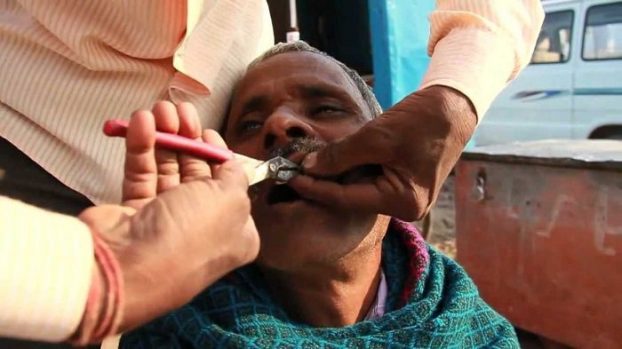These past few days have made us question whether certain things are legal or illegal. There’s been widespread controversy on topics like sedition laws, the right to dissent, and freedom of expression. It’s good to see the taboo around these topics is fading and people are discussing them. However, there are certain Indian laws that make some everyday activities illegal.
- Flying a Kite Without a Permit

According to the Indian Aircraft Act of 1934, you need a permit to fly a plane—and surprisingly, you also need the same type of permit to fly a kite. But what about our beloved “Kai Po Che!” moments?
- Not Warning Authorities of Locust Attacks

In Delhi, it’s illegal not to warn the authorities by beating a drum if locusts attack. The East Punjab Agriculture Pests, Diseases, and Noxious Weeds Act of 1949 states that if there’s a locust attack and you don’t alert the authorities by drumming, you could be fined 50 rupees.
- Prostitution vs. Pimping

Prostitution is legal in India, which is why red-light areas still exist in some cities. You can pay for sex legally, but if you involve a pimp or try to pimp someone else, you’re in trouble.
- Attempting Suicide (Recently Removed)

Under Section 309 of the IPC, attempting suicide was punishable by law. This explains why Irom Sharmila was kept under house arrest and force-fed during her hunger strike. Though this law has been recently removed, it was once a reality.
- Too Many Couples Dancing

According to the Licensing and Controlling Places of Amusement Act, of 1960, if more than 10 couples dance on the same stage at the same time, the law can reduce the number of couples or stop the event altogether.
- Street Dentistry and Ear Cleaning

Chapter V, Section 49 of the Dentist Act of 1948 prohibits street dentistry and roadside ear cleaning. Even though it’s cheaper, it’s illegal to get your teeth fixed or ears cleaned this way.
- Women Working Night Shifts in Factories

The Factories Act of 1948 prohibits factories from making women work night shifts. This law was put in place for the safety and welfare of women workers.
- Spittoons in Factories

Section 20 of The Factories Act of 1948 mandates that factories must have a certain number of spittoons for workers to use. This law is still in place, even as workers in factories like Maruti and Honda fight for their rights.
- Finding Money Over 10 Rupees

According to the Treasure Trove Act of 1878, any treasure you find belongs to the Queen if it’s over 10 rupees. If it’s less than 10 rupees, you can keep it.
- Oral Sex

Under Section 377 of the IPC, sodomy and oral sex are considered “unnatural” and are illegal. In a hetero-normative society like India, this law affects many, even though it’s rarely discussed openly.
These examples show just how quirky and unexpected some legal restrictions can be. It’s fascinating to see what activities are regulated by law, and sometimes surprising to realise what everyday actions might actually be illegal.